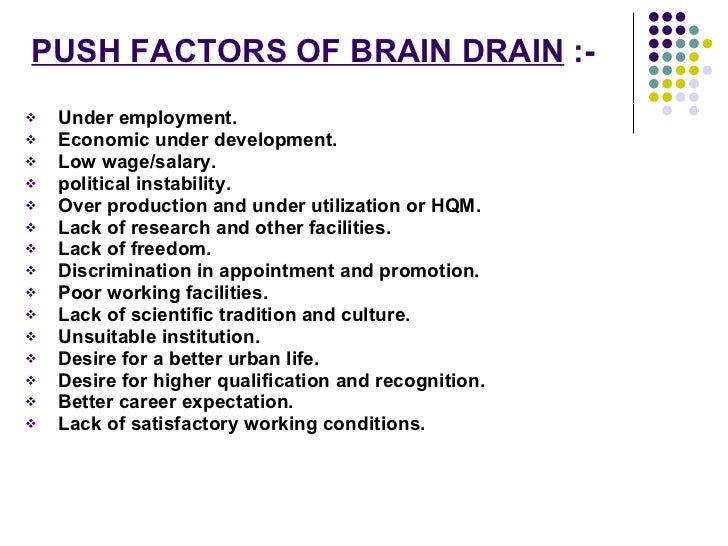
If a person’s heart stops working effectively, their blood pressure will change. The pumping action of the heart helps maintain normal pressure within the blood vessels. Some people experience this type of edema because they have a rare condition known as systemic leaky capillary syndrome. If the capillaries cannot reabsorb the fluid, it will stay in the tissues, causing swelling and water retention. If these problems occur, too much liquid can leave the capillaries and enter the spaces between cells.

Possible problems include changes in pressure inside the capillaries and the capillary walls becoming too leaky. If the capillaries sustain damage, edema can occur. After delivering the nutrients, the fluid returns to the capillaries. This fluid, called interstitial fluid, supplies nutrients and oxygen to cells. Some medications, such as those for high blood pressure, can cause damage to the capillaries.Ĭapillaries deliver fluid to surrounding tissues. Capillary damageĬapillaries are tiny blood vessels with a key role in managing fluid balance in the body. If there is a problem with any of these parts, the body may be unable to expel fluid as it should.


Hormonal factors, the cardiovascular system, the urinary system, the liver, and the kidneys all play a role. The human body uses a complex system to regulate its water levels. Share on Pinterest Thomas Barwick/Getty Images


 0 kommentar(er)
0 kommentar(er)
